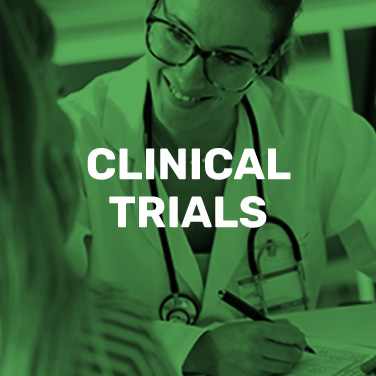You are about to leave this website for another external website outside of the control of Gamida Cell. Gamida Cell has no responsibility for the content of such other sites and is not liable for any damages or injury arising from that content. Any links to other sites are provided merely as a convenience to the users of this website.
At Gamida Cell, we are maximizing the power of our proprietary NAM technology to create potentially curative therapies in areas of serious medical need. Our commitment to the patient community encompasses not just our efforts to develop potentially curative therapies, but to understand the needs and experiences of those we serve.



